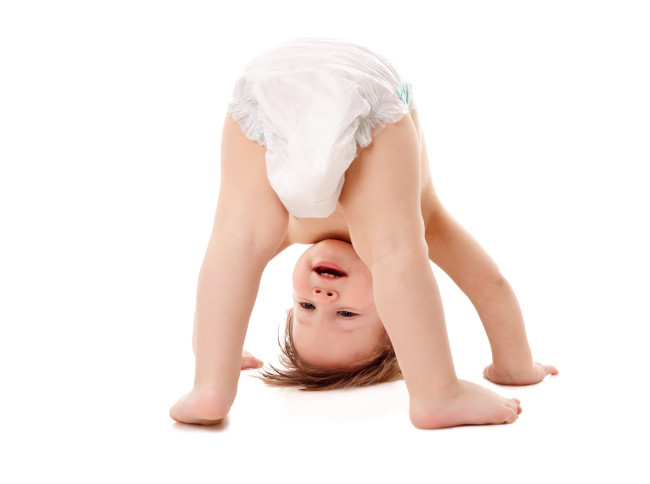For young children who are learning to control their bladders (and mastering using the toilet in the middle of the night,)bed wetting can be part of normal childhood development. For older children it can be a response to a stressful life changing event, as well as indicate an underlying medical problem or the side effects of medication.
Here are some useful tips:
- Allow children to develop at their own pace, especially with regards to giving up their night time diaper. Research shows that children who are potty trained when they are ready, are less likely to wet their beds. Children do not have to be potty trained when they are two-years-old, unless they show an interest in using the potty or toilet.
- Research also shows that pressure during toilet training especially from the mom can lead to obsessive compulsive behaviours later on in life such as repeated hand washing and obsessions with cleanliness.
- Ensure that they no longer require a bottle at night time, before you remove their nappy.
- Limit the amount of fluids your toddler takes in just before bed and take him or her to the toilet.
- Take your toddler to the toilet in their sleep at about 10pm, or before you go to bed.
- There should be a light on in the toilet, and it should be close to the toddler’s bedroom, so they can find it during the night.
- Put a dry mat on your toddler’s bed, so it is easier to change in the morning.
- Be aware of your reaction to your toddler’s bed wetting. If you are irritated it is likely to make the situation worse because he will feel ashamed and stressed.
- Deal with soiled clothes and sheets in a matter of fact way.
- Look out for other changes in your toddler’s behaviour, such as withdrawal, excessive crying, and changes in appetite. Bed wetting is often a symptom of other problems. You may need to seek medical attention or play therapy for your child.
- Make a big fuss of your child and praise them for a dry night.
As there is a pattern of bed wetting in families, chat to other family members to discover how they coped.
Article by: Claire Marketos www.inspiredparenting.co.za
Latest posts by Contributor (see all)
- Preeclampsia: Signs and treatment - August 29, 2014
- How having a baby changes your marriage and life - August 29, 2014
- Child’s play could predict expectant parents’ capabilities - August 29, 2014
-
No Comments" href="https://all4baby.co.za/toddlers-1-2-years/toddler-issues/1826/ouch-toddlers-bite-need-seek-help/">

Ouch! Why toddlers bite and when you need to seek help
-
No Comments" href="https://all4baby.co.za/toddlers-1-2-years/parenting-a-toddler/1793/important-keep-toddler-buckled/">

Why it’s important to keep your toddler buckled up
-
No Comments" href="https://all4baby.co.za/toddlers-1-2-years/learning-development-1-2-years/1774/video-toddlers-play-learn-skills-life/">

Video: When toddlers play they learn skills for life
-
1 Comment" href="https://all4baby.co.za/toddlers-1-2-years/parenting-a-toddler/1768/terrible-twos/">

The not so terrible twos


 Saving...
Saving...